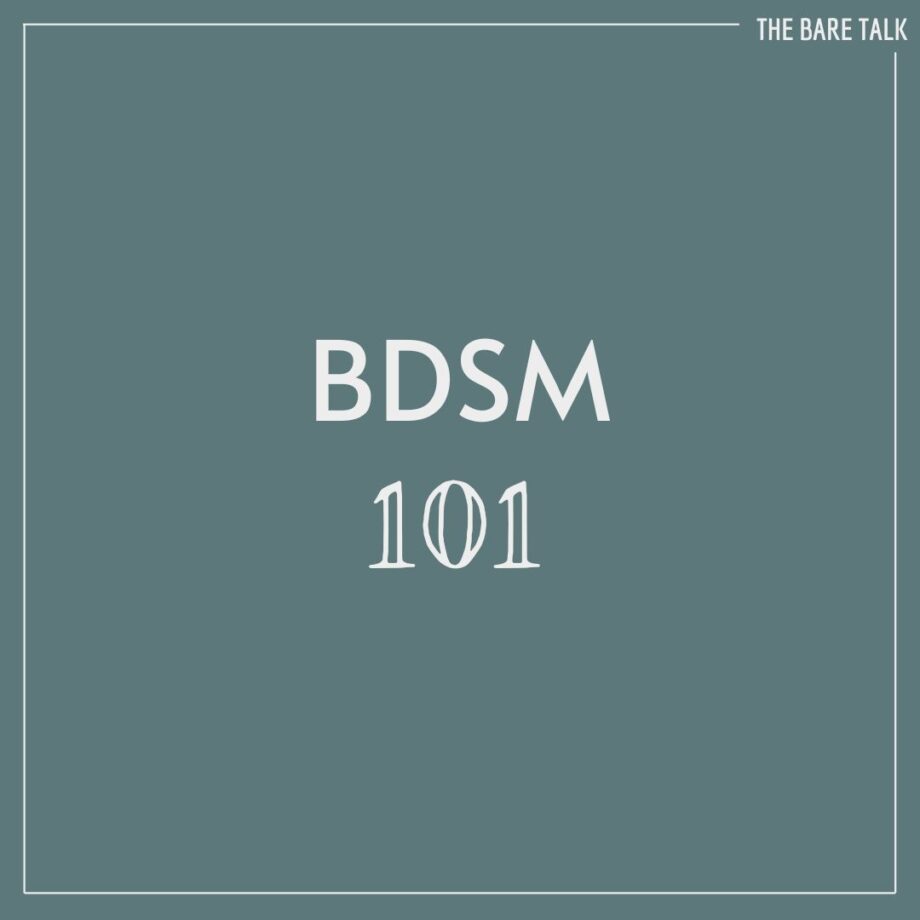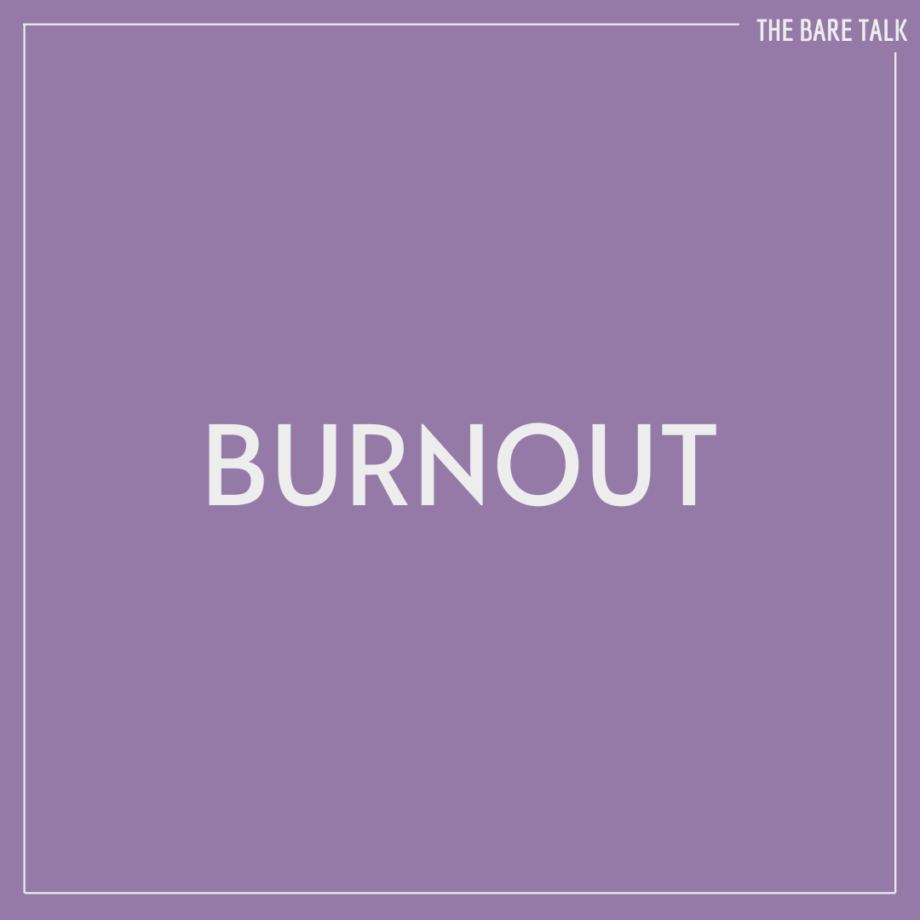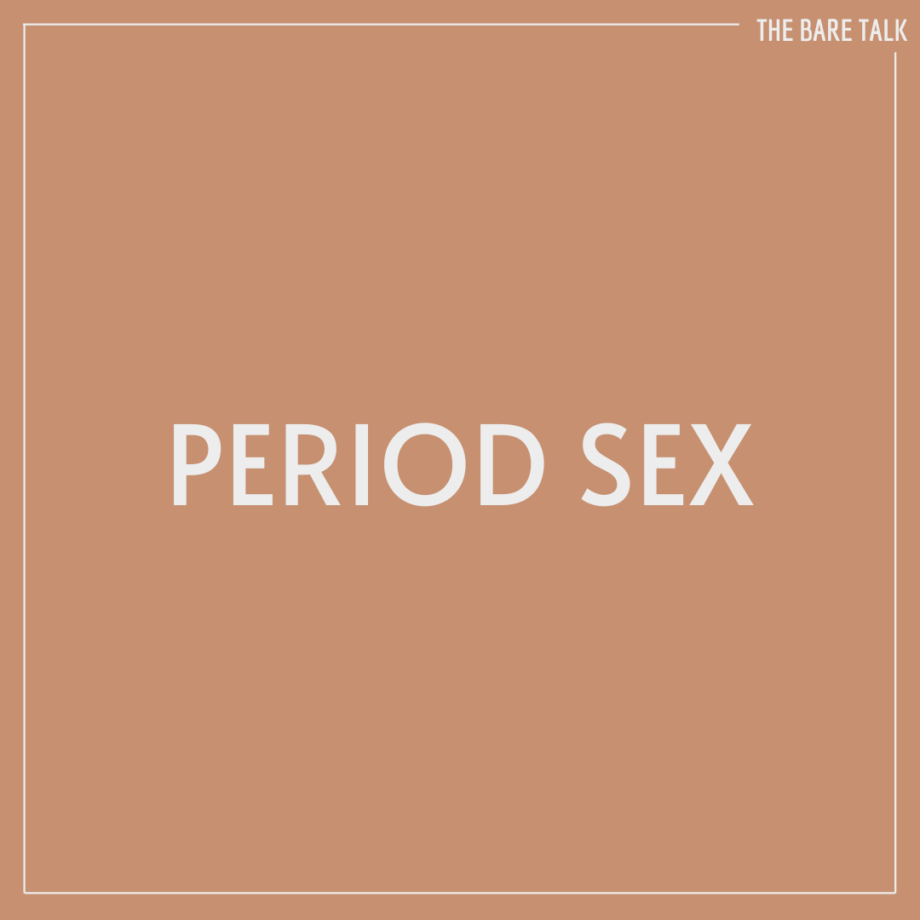Getting good quality sleep is essential for our physical and mental well-being. It helps us stay healthy, feel better and be more productive. It doesn’t matter if you’re young or old; everyone can benefit from improving their sleep. And one way to do that is by practicing good “sleep hygiene”.
Sleep hygiene means creating healthy habits and a sleep-friendly environment that supports our long-term well-being.
Good news is that we can train ourselves to have better habits to improve the quality of our sleep and, in turn, our overall health.
Here are some ways to do that:
- Regular, daily physical exercise, preferably not in the evening.
- Minimise daytime napping.
- Avoid fluid intake and heavy meals just before bedtime, however, don’t go to bed empty stomach either – a light snack before bed might help.
- Avoid nicotine and caffeine intake (tea, coffee, soft drinks) 4-6 hours before sleeping hours as these substances act as stimulants and may interfere with the ability to fall asleep.
- Avoid regular use of alcohol (especially to induce sleep) as it affects the quality of sleep.
- Go to bed only when you’re tired.
- Avoid anything stressful or overly stimulating, like emotional conversations or working before bedtime.
- Turn off electronic devices before you go to sleep to avoid disturbance.
- Sleep in a cool, dark, quiet, and comfortable environment – For most people, a bedroom temperature 15.6°C and 19.4°C is the optimal temperature for sleeping. It’s also important to make sure you have a comfortable mattress, pillows, and bed linens. The more comfortable you are, the easier it may be to fall asleep and stay asleep.
- Stick to regular times for going to sleep and waking up and ensure 7-8 hours of sleep.
- Keep your daytime routine the same – Even if you have a bad night’s sleep and are tired, it’s important that you try to keep your daytime activities the same as planned. That is, don’t avoid activities because you feel tired. This can reinforce unhealthy sleeping patterns.
- Create a relaxing bedtime routine — and stick with it. Your routine can include whatever makes you feel most relaxed, unless it involves a device that emits blue light. Here are some ideas:
- Take a warm bath or shower. Not only does the water feel relaxing in the moment, but the drop in your body temperature as you cool down afterward may make you feel sleepy.
- Try some gentle stretches to help your muscles relax and release tension.
- Spend a few minutes meditating to help calm your body and mind.
- Try listening to some soothing music while you focus on your breathing.
- Spend time reading a book, but try to stay away from electronic reading devices.
What to do if you can’t fall asleep?
It’s best to go to bed only when you’re tired. If you’re not tired, avoid lying in bed while you toss and turn. Instead, try doing a relaxing activity until you start to feel tired, then head to bed.
If you don’t fall asleep within 20 minutes of going to bed, get up. Not being able to fall asleep may cause you to become frustrated, which can keep you awake even longer.
Once you get out of bed, do something calming or boring until you’re tired enough to go back to bed. Sit quietly on the couch with the lights off (bright light will tell your brain that it is time to wake up), or read something boring like a manual. Avoid doing anything that is too stimulating or interesting, as this might keep you awake.
Does sleep hygiene look the same for everyone?
The basic concept of sleep hygiene — that your environment and habits can be optimized for better sleep — applies to just about everyone, but what works best for one person may differ for another.
So, it’s a good idea to try out different adjustments and see what helps you sleep better. Remember – you don’t have to make big changes all at once; even small steps towards better sleep hygiene can make a difference.
However, it’s essential to understand that while sleep hygiene can be helpful for some sleep problems, it might not solve more severe problems. People who have insomnia or sleep disorders like sleep apnea may benefit from better sleep hygiene, but other treatments are usually necessary as well. In such cases, it’s best to talk with a doctor who can recommend the most appropriate course of treatment.



